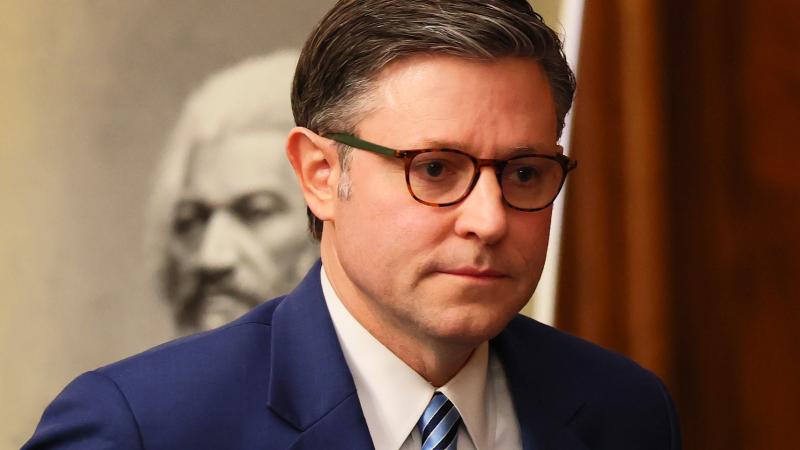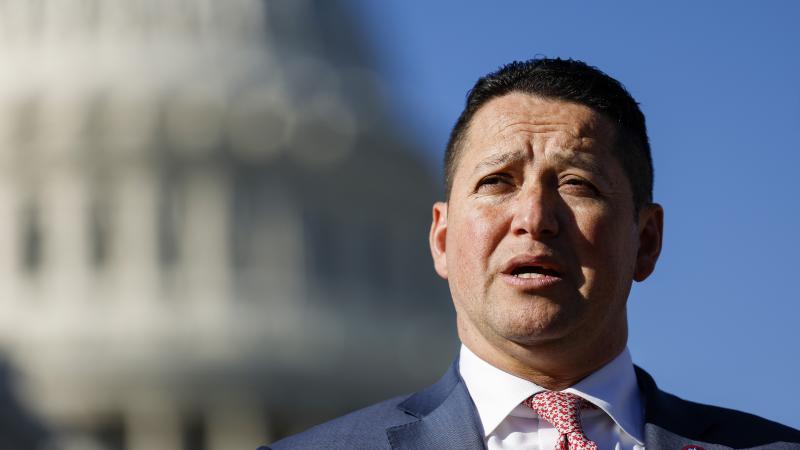House passes revenue-losing retirement bill giving benefits to wealthy taxpayers
The House on Wednesday passed a retirement bill that gives breaks to wealthy taxpayers while also increasing the deficit in the long term.
The House on Wednesday passed a retirement bill that gives breaks to wealthy taxpayers while also increasing the deficit in the long term.
Under the Secure 2.0 Act, the government would start taxing retirement accounts at 75, not 72 as it currently does. This allows high-income earners three extra years to defer tax payments.
In an attempt to make up for the expected loss in revenue, the bill, which remains unscheduled for a Senate vote, would tax all catch-up contributions to some retirement plans like a Roth IRA, Thomson Reuters reported.
Roth IRAs are taxed when money is put into the retirement account, but all future withdrawals are tax-free, so long as the money is not taken out early, according to Investopedia.
Traditional IRAs are taxed when a person withdrawals money.
In both IRAs, people who make more than $144,000 or couples who make more than $214,000 are ineligible to contribute.
The bill will add to the U.S. deficit without future changes, The Hill reported.
"It’s going to bring revenue in now because folks are paying tax immediately on contributions treated as Roth rather than being provided an immediate deduction on a traditional account, but on the other side, when you withdraw from a Roth that has earnings, those earnings aren’t being taxed," Garrett Watson, an analyst at the think tank the Tax Foundation, told The Hill.
"And so further down the line, especially after the 10-year budget window, that’s going to have a negative impact on revenue," Watson said.
Workers ages 62-64 would benefit from the bill by being able to deposit $10,000 to their IRAs each year, as the current limit is $6,500.
The bill passed the House 414 to 5, with all five "Nays" coming from Republicans.
The Hill reported that after Secure 2.0 passed in the House, more than a dozen financial firms endorsed it, including BlackRock, which controls more than $10 trillion in public pensions.
"Too many workers in this nation reach retirement age without the savings they need. In fact, about 50 percent of households are at risk of not having enough to maintain their living standards in retirement," said the bill's sponsor, House Ways and Means Committee Chairman Richard Neal, D-Mass. "We need to do more to encourage workers to begin planning for retirement earlier."














